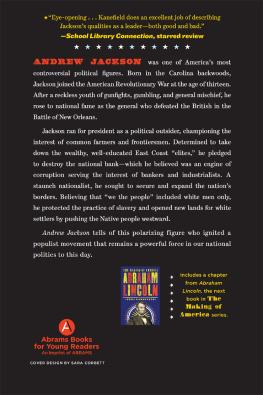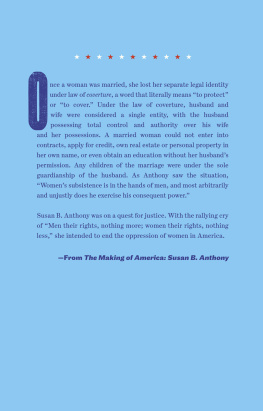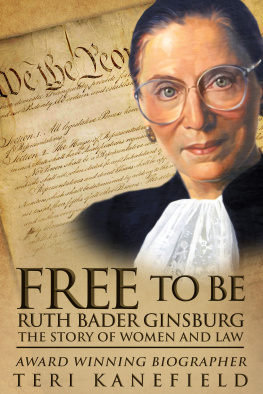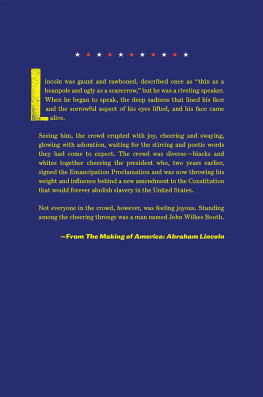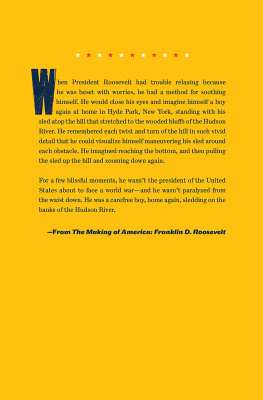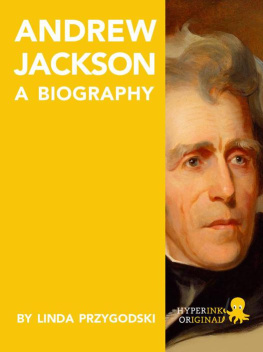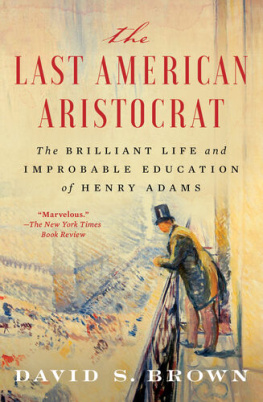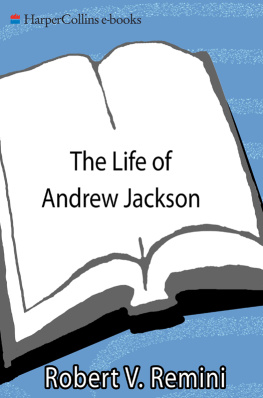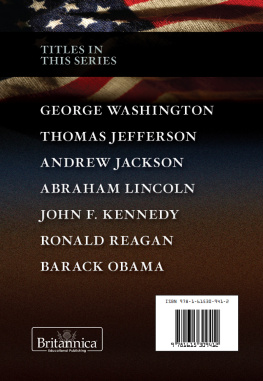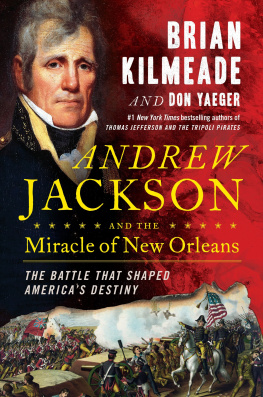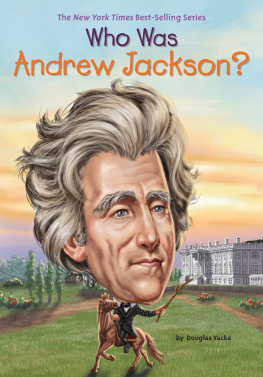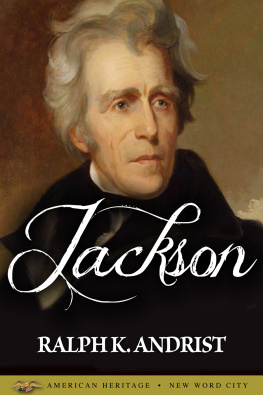PRAISE FOR
THE MAKING OF AMERICA
ALEXANDER HAMILTON
The strength of the book is the generous use of Hamiltons own words... A solid introduction to a charismatic founding father.
Kirkus Reviews
Thoroughly researched and cited, this book is accessibly written and full of valuable information... Hamiltons intelligence, ceaseless drive, and penchant for speaking his mind come across, giving readers a clear view of Hamiltons character and his role in creating America.
Booklist
Kanefield is a capable nonfiction writer, organizing an eloquent review of Hamiltons life while balancing the perspectives of his adversaries and skeptics... the story is told easily, making a founding father accessible to young readers the way Lin-Manuel Miranda has done on Broadway.
Voice of Youth Advocates (VOYA)
There is properly no history, only biography.
Ralph Waldo Emerson

The Making of America series traces the constitutional history of the United States through overlapping biographies of American men and women. The debates that raged when our nation was founded have been argued ever since: How should the Constitution be interpreted? What is the meaning, and where are the limits, of personal liberty? What is the proper role of the federal government? Who should be included in we the people? Each biography in the series tells the story of an American leader who helped shape the United States of today.



All images used in this book are public domain.
Cataloging-in-Publication Data has been applied for and may be obtained from the Library of Congress.
ISBN 978-1-4197-2840-2
eISBN 978-1-68335-295-2
Text copyright 2018 Teri Kanefield
Cover and book design by Sara Corbett
Published in 2018 by Abrams Books for Young Readers, an imprint of ABRAMS. All rights reserved. No portion of this book may be reproduced, stored in a retrieval system, or transmitted in any form or by any means, mechanical, electronic, photocopying, recording, or otherwise, without written permission from the publisher.
Abrams Books for Young Readers are available at special discounts when purchased in quantity for premiums and promotions as well as fundraising or educational use. Special editions can also be created to specification. For details, contact specialsales@abramsbooks.com or the address below.

ABRAMS The Art of Books
195 Broadway, New York, NY 10007
abramsbooks.com

Jacksons inauguration, 1829. Presidents Levee, also called, All Creation Going to the White House, was created by Robert Cruickshank as an illustration in the Playfair Papers, London, 1841.
PROLOGUE
A Mob in the White House
On a mild March day in 1829, Andrew Jackson stepped onto the East Portico of the Capitol Building to take the oath of office. He was lanky and tall and sixty-one years old. His hair had long since turned gray, but his piercing blue eyes still radiated strength and vitality. He carried two bullets lodged in his body, one in his chest near his heart and the other in his armthe remnants of frontier gunfights and his own hot temper. His face, deeply lined with sorrow, was the face of a man who had suffered and triumphed, then suffered some more.
A crowd of more than fifteen thousand people converged upon Washington, D.C., to watch Jackson, a man from the backcountry with limited education, become Americas seventh president. Some of his admirers had traveled as many as five hundred miles.
Jackson didnt wear a hat. It was a symbolic gesture showing that he was a servant of the people and not their ruler. His speech was short, simple, and direct. Addressing the crowd as Fellow citizens, he humbly noted that he was the choice of a free people and stated his theory of government: As long as our government is administered for the good of the people, and is regulated by their will... it will be worth defending.
Supreme Court Chief Justice John Marshall held out the Bible. Jackson placed his hand upon it and repeated the oath of office. He then kissed the Bible. Cannon thundered a salute, echoed by gunfire from the Navy Yard.
The rope holding the spectators back was snapped aside, and the crowd lunged forward. Fearing for the new presidents safety, his team whisked him into a nearby carriage and headed down Pennsylvania Avenue toward the White House.
A crowd followed. According to custom, new presidents held a private reception at the White House, greeting guests and serving refreshments. Well-wishers were invited to shake the new presidents hand. Defying custom, Jackson opened the doors to the public. Members of the crowd, eager to see their hero, swarmed into the White House.
The White House staff set out tables with bread, roast chicken, cakes, and orange punch laced with whiskey. But what a scene did we witness! cried Margaret Bayard Smith, a well-to-do Washington society figure. The majesty of the people had disappeared, and a rabble, a mob, of boys, negroes, women, children, scrambling, fighting, romping. What a pity what a pity! Another attendee reported that the crowd included the most vulgar and gross in the nation.
Eager to get a glimpse of their hero, Jacksons admirers stood on furniture, the mud from their boots smearing the damask-covered chairs. The jostling crowds helped themselves to food and punch. A table was knocked over. Glassware crashed to the floor. Punch spilled on the carpet. People wishing to shake Jacksons hand crowded him, pinning him to the wall. Again fearing for his safety, a few men formed a human shield to protect him and helped him flee through a side door to the nearby Gadsbys Hotel, where he spent the first night of his presidency. Antoine Michel Giusta, the White House steward, induced the crowds outside by moving the punch to the lawn.
For Jacksons admirers, he embodied the true spirit of Americaa rugged individualist, a fiercely patriotic war hero, and a frontiersman. To Jacksons enemies, he was a lawless ruffian, a killer, and would-be tyrant. They believed that the chaotic scene at the White House was an omen of what was to come, and they feared that his inauguration would be the start of mob rule in America.
1
A Brutal Boyhood
It is very true, that early in life, even in the days of my boyhood, I contributed my mite to shake off the yoke of tyranny, and to build up the fabrick of free government.
Andrew Jackson
Andrew Jackson grew up on a small farm amid gently rolling hills and dense forests of hickory, oak, and pine. Deer and small game were plentiful enough that, if necessary, a family could survive by hunting. The region, called the Waxhaws, was located directly on the border between the Carolinas. Some farms were in North Carolina and others in South Carolina, but the settlers, mostly new immigrants from Ireland, didnt care which colony their home was in. The only government authority they recognized was the Waxhaws Presbyterian church, and the only laws they followed were derived from the Bible.
Next page
